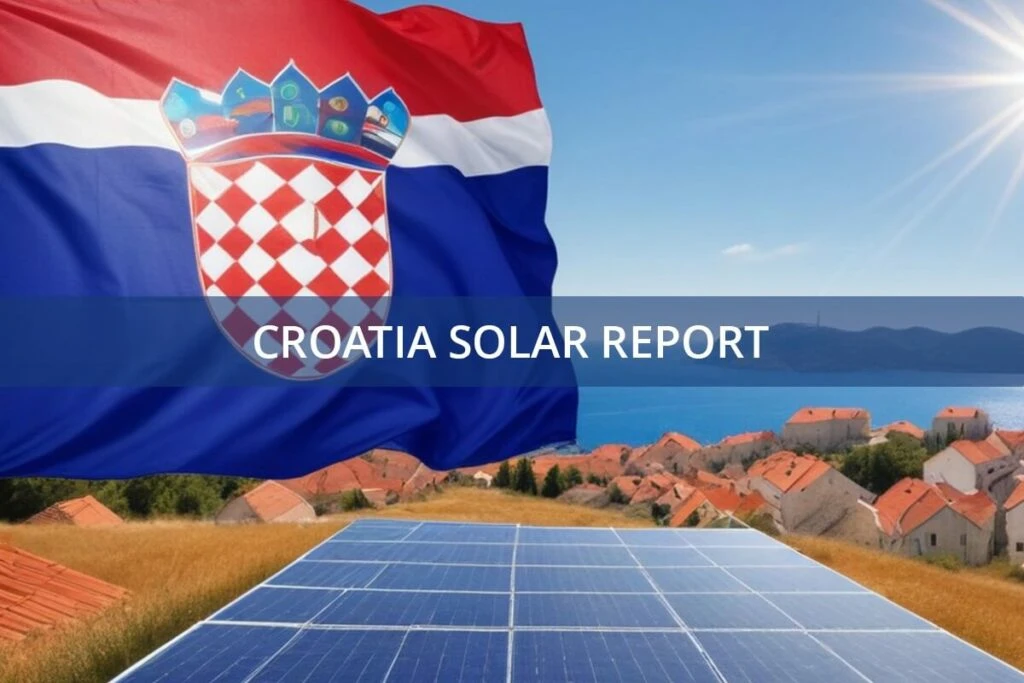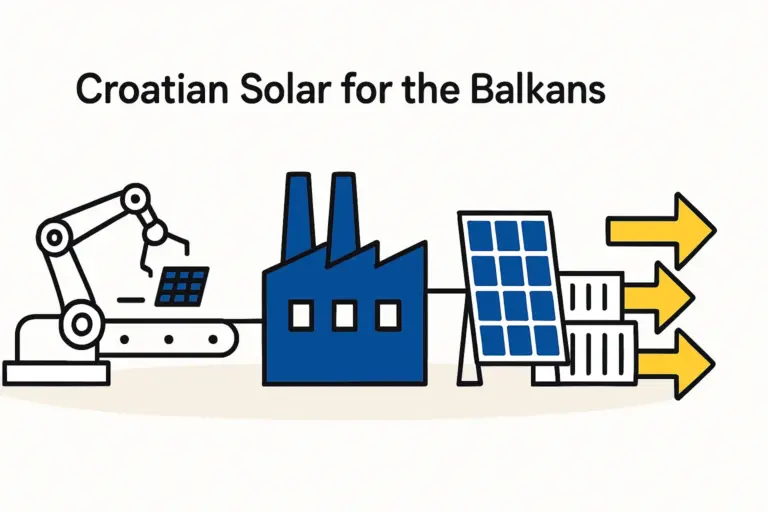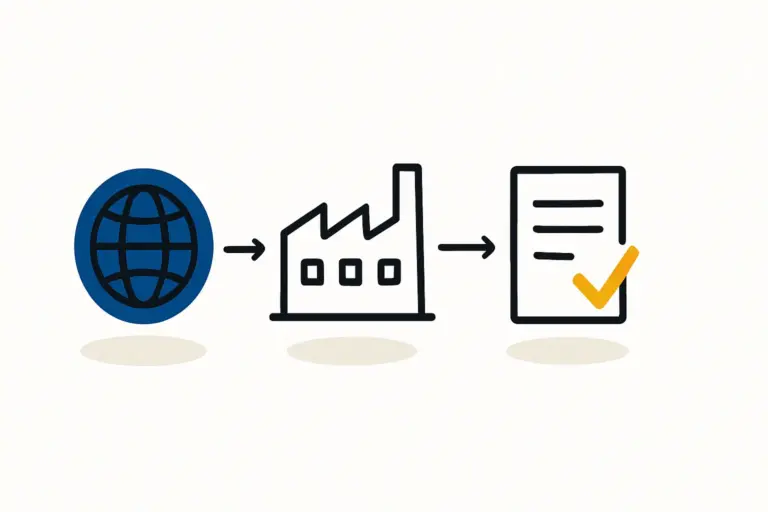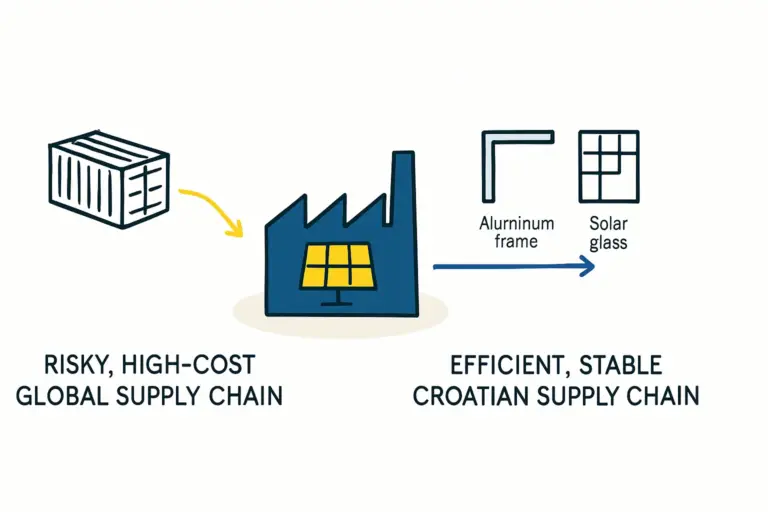When planning a new solar module factory, investors tend to focus first on machinery, financing, and facility location. Yet a critical factor for long-term success is often underestimated: the availability of a skilled local labor force. A state-of-the-art production line is only as effective as the engineers and technicians who operate and maintain it.
This analysis explores the practicalities of sourcing technical personnel, using Croatia as a compelling case study. The country’s robust engineering education system and industrial heritage create a unique opportunity for entrepreneurs in the solar manufacturing sector. Understanding the strengths of its key academic institutions is the first step toward building a competent and sustainable team.
Why the Local Talent Pool is a Decisive Factor
Before a single machine is ordered, a strategic assessment of the local labor market is essential. The right team ensures higher operational efficiency, reduced downtime, and consistent product quality. Sourcing talent locally offers significant advantages, including lower operational costs, greater community integration, and a more resilient long-term staffing model.
The challenge, however, lies in aligning the general engineering knowledge from universities with the highly specific demands of the solar module manufacturing process. A successful strategy depends on identifying institutions that produce graduates with the right foundational skills, who can then be effectively trained for specialized roles.
An Overview of Croatia’s Engineering Education Landscape
Croatia has a long-standing tradition of excellence in science, technology, engineering, and mathematics (STEM). Its higher education system is aligned with the Bologna Process, ensuring degrees are comparable and recognized across Europe. This framework emphasizes both theoretical knowledge and practical application, producing a steady stream of well-rounded engineering graduates.
English proficiency is also exceptionally high among young professionals and graduates, simplifying communication and training for international projects. This eliminates significant language barriers for investors, facilitating a smoother transfer of knowledge from equipment suppliers and technical consultants.
Two institutions in particular stand out as primary sources for technical talent: the University of Zagreb and the University of Split.
The University of Zagreb (FER): A Foundation of Theoretical Excellence
The Faculty of Electrical Engineering and Computing (FER) at the University of Zagreb is the largest and most influential technical faculty in Croatia, with over 3,500 students. It is renowned for its rigorous curriculum and focus on fundamental engineering principles.
Graduates from FER, particularly from departments like Power Engineering and Electrical Machines, possess a deep theoretical understanding of electrical systems, automation, and control theory.
Strengths: Strong analytical and problem-solving skills.
Ideal Roles: Process Engineer, Quality Control Manager, R&D Specialist.
Profile: These graduates are well-equipped to optimize production processes, diagnose complex systemic issues, and ensure the final product meets stringent international quality standards. Their strong theoretical foundation makes them excellent candidates for management-track positions.
The University of Split (FESB): A Hub for Practical Application
The Faculty of Electrical Engineering, Mechanical Engineering, and Naval Architecture (FESB) at the University of Split is known for its strong industry connections and an emphasis on project-based learning. The curriculum is designed to provide students with hands-on experience, preparing them for the practical challenges of a modern industrial environment.

Graduates from FESB’s electrical engineering and automation programs are adept at applying theoretical knowledge to real-world problems.
Strengths: Practical, hands-on skills and a familiarity with industrial equipment.
Ideal Roles: Production Line Supervisor, Maintenance Engineer, Senior Machine Technician.
Profile: These graduates are adept at troubleshooting machinery, managing day-to-day operations on the factory floor, and leading teams of technicians. Their practical orientation allows them to adapt quickly to the specific equipment used in a solar production line.
Translating Academic Skills to the Production Floor
No university in the world graduates engineers with pre-existing experience operating a specific solar cell stringer or laminator. The value of a strong engineering education lies in providing a solid foundation on which specific skills can be built.
The critical step is the structured, on-the-job training that bridges this gap. Based on experience from J.v.G. Technology turnkey projects, a team with a solid engineering background can achieve operational excellence within months through systematic, hands-on training. This transforms academically trained engineers into highly competent manufacturing professionals. A turnkey solar production line setup typically includes this crucial training phase, ensuring the local team is fully prepared for handover.
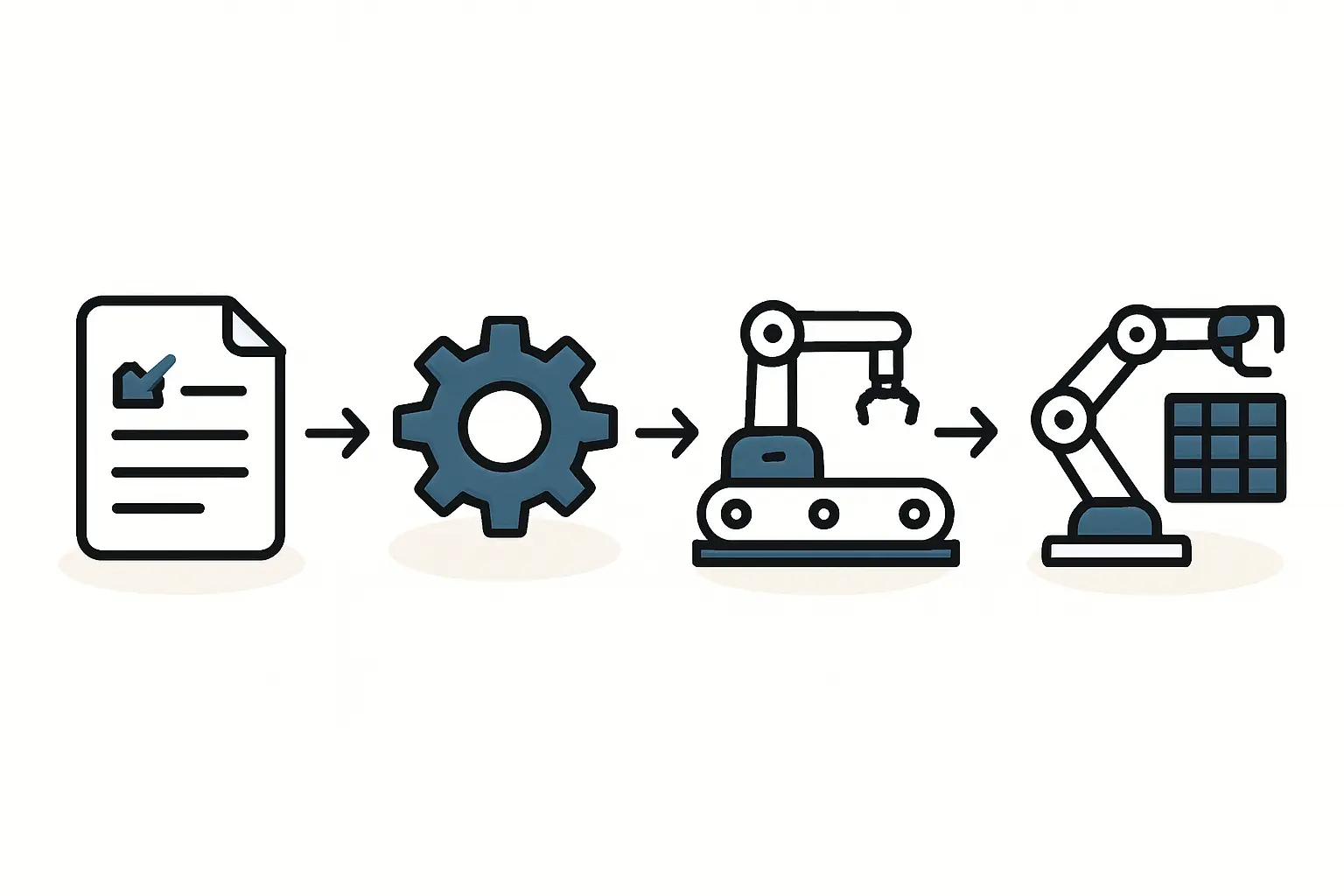
Key Roles and Sourcing Strategies
Building a balanced team requires a targeted approach to recruitment. A complete factory team will include a mix of theoretical and practical experts.
Process and Quality Engineers: Focus recruitment efforts on top graduates from the University of Zagreb (FER). Their analytical capabilities are ideal for designing and refining the manufacturing workflow.
Line Supervisors and Maintenance Engineers: Target graduates from the University of Split (FESB). Their practical experience makes them ideal for managing floor operations and ensuring maximum equipment uptime.
Machine Operators: Croatia’s historical industrial base provides a pool of experienced technicians who may not have university degrees but possess valuable mechanical and electrical skills. These technicians can be trained to operate specific machines effectively.
By understanding the distinct profiles of graduates from different institutions, an investor can assemble a complementary team with the right skills for every function within the factory.

Frequently Asked Questions (FAQ)
Do Croatian engineering graduates have direct experience in solar manufacturing?
Direct experience is rare, which is standard for new market entrants globally. Their key advantage is a strong and adaptable engineering foundation in electrical, mechanical, and process control systems. This allows them to master the specifics of PV manufacturing quickly with proper training.
What are the typical salary expectations for an engineer in Croatia?
Labor costs for skilled engineers in Croatia are competitive and generally lower than in Western European countries like Germany or France. While exact salaries will vary based on experience, qualifications, and the factory’s location, this creates a favorable economic factor for investors.
How much training is required to get a new team operational?
The duration depends on the complexity of the production line and the team’s existing skill level. A comprehensive training program of several weeks is typically sufficient for a core team to become proficient in operating and maintaining the machinery. This training is a standard component of any professionally managed factory setup.

